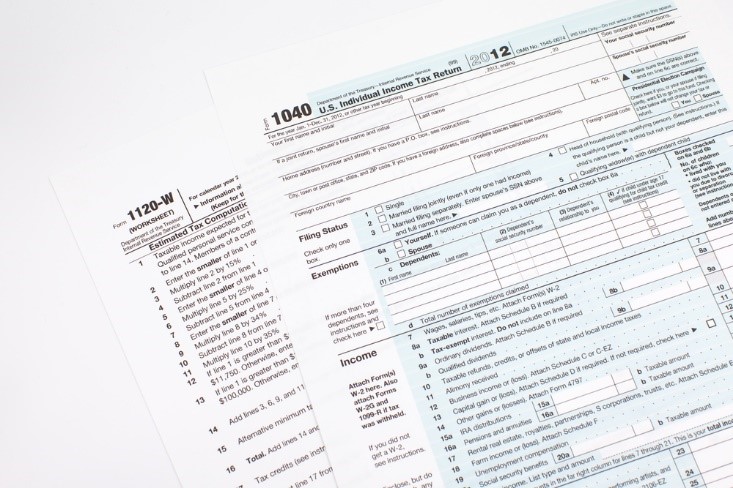
For many small business owners, tax season can feel like a scramble to meet deadlines and avoid penalties. But what if you could reduce your tax burden and improve your financial outcomes all year long, not just when returns are due? That’s the power of strategic tax planning, a proactive approach that goes far beyond simply preparing tax returns. With the right planning, businesses can take advantage of deductions, optimize cash flow, and avoid common pitfalls that can lead to costly surprises.
Understanding What Tax Planning Really Is
At its core, tax planning is the process of organizing your financial affairs to minimize tax liabilities while staying compliant with federal and state laws. Unlike tax preparation, which focuses on filing past returns, tax planning is forward-looking and ongoing. It involves timing income and expenses, identifying available credits and deductions, and choosing the most beneficial business structure or accounting method for your situation. This kind of planning can lead to significant savings and better financial control.
For example, small business owners can benefit from strategies like deferring income to the next tax year, accelerating deductible expenses, or evaluating whether an S-Corporation election could lower self-employment taxes. Consulting with a CPA early in the year—or even quarterly—helps ensure decisions about payroll, investments, purchases, and retirement contributions are made with tax implications in mind.
The Value of Working with a CPA

While many business owners understand the basics of tax filing, the nuances of tax planning can be complex. A certified public accountant (CPA) brings not only expertise in current tax law but also experience in applying strategies that benefit your specific business type. CPAs help you stay up to date with changes in tax codes, ensure you don’t miss valuable deductions or credits, and can even represent you during federal or state audits.
Additionally, proactive planning can improve your cash flow management and overall financial health. By minimizing surprises and smoothing out tax liabilities throughout the year, you can budget more effectively and reinvest savings back into your business.
Get Help Building a Smart Tax Strategy
Strategic tax planning isn’t just for large corporations — it’s essential for small businesses that want to thrive financially and avoid year-end stress. At MARIELA RUIZ, CPA, PLLC, we provide personalized tax planning and accounting services designed to help Mission, TX entrepreneurs make smarter financial decisions and keep more of what they earn. From income tax preparation and strategic tax planning to compliance support and financial consulting, our team is here to help you navigate every stage of your business journey. Contact us at (956) 997-0067 or visit www.mruiz-cpa.com to schedule your consultation and take control of your tax strategy today.

















